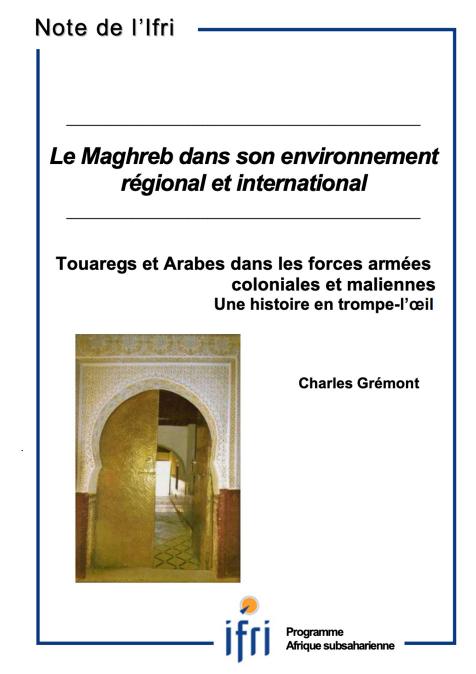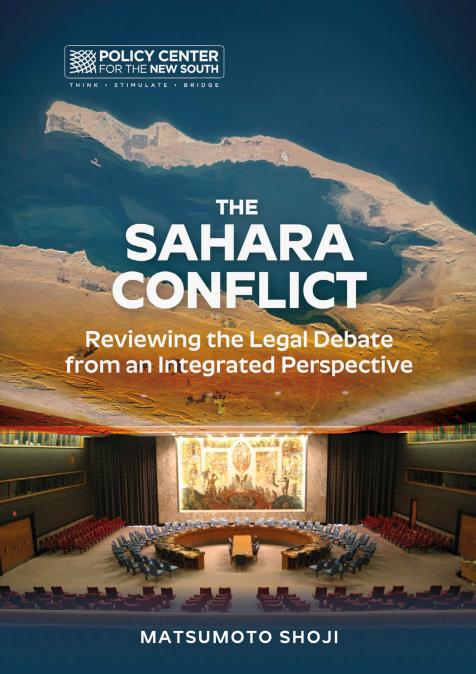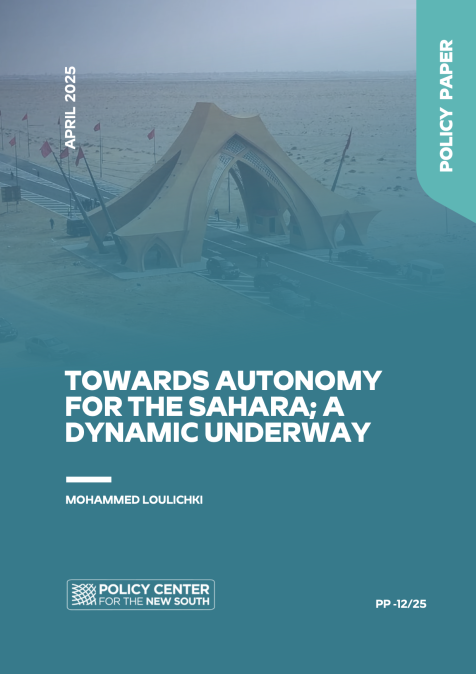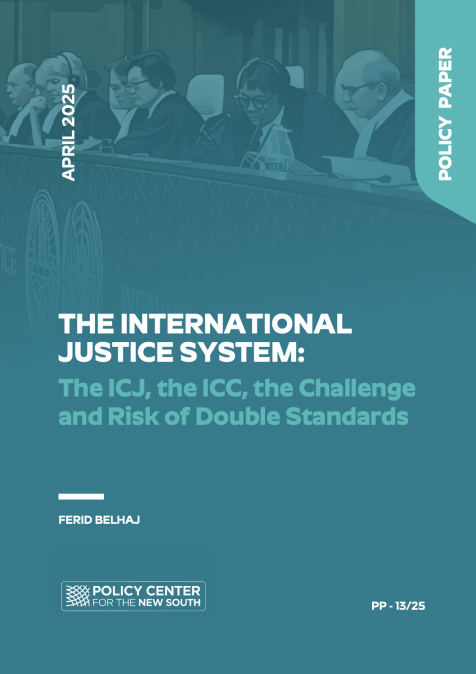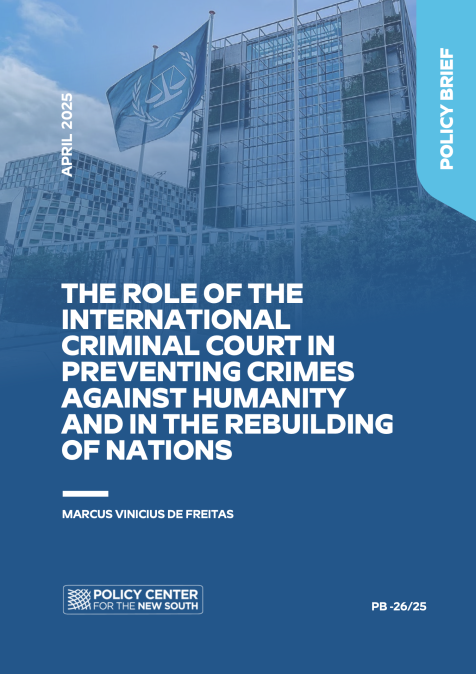Publications /
Policy Paper
Policy Paper
Arabs and Tuaregs in colonial and Malian armed forces: a story in trompe-l'oeil
February 20, 2010
This contribution consists in analyzing the unifying or opposing relations between the central State-power and the southern part of central-Saharan populations, mainly Arabs and Tuaregs, within the relational framework of colonial and Malian armed forces. The French Colonial State and the Malian independent State (from the 1960 independence movement) are both considered by Arabs and Tuaregs as external entities, whatever the form of their relation, good or bad.

